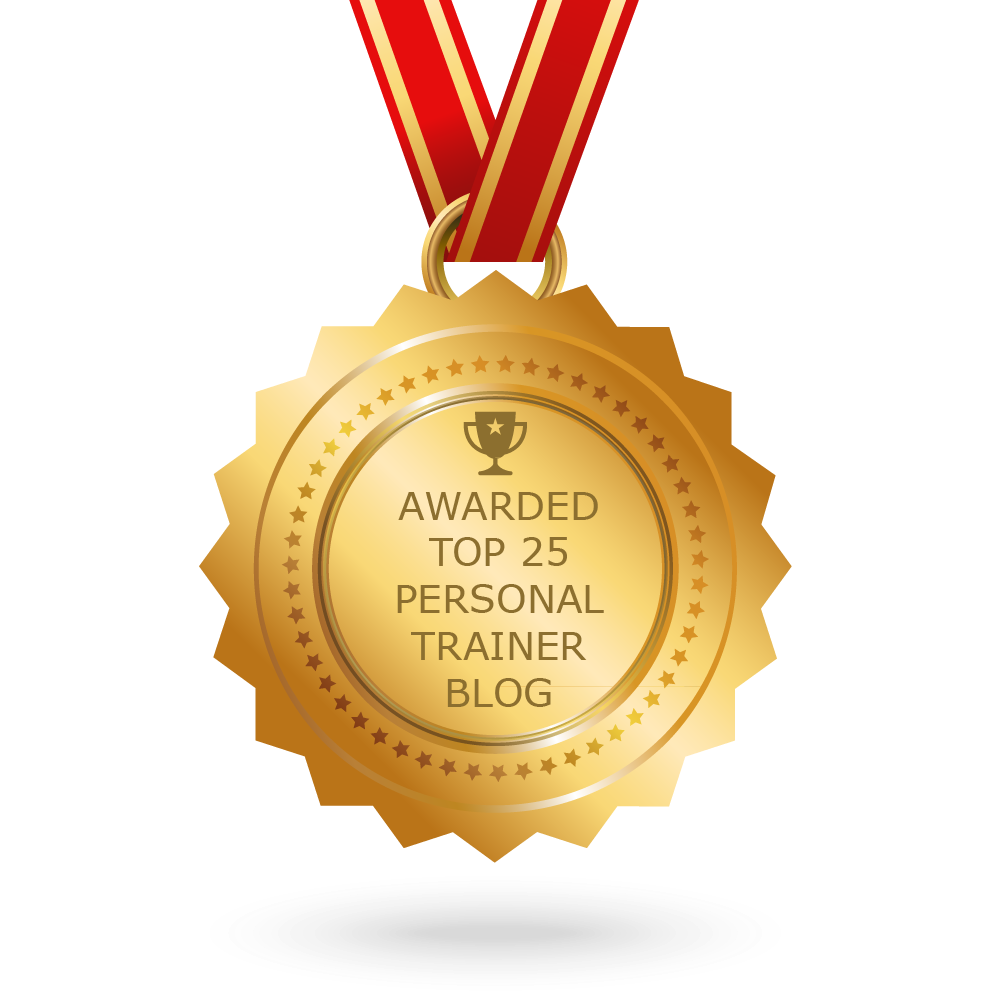|
One
common (and dangerous) misconception is that you'll accelerate weight loss by eating less in relation to how much you exercise. For women athletes, under-eating can bring with it especially damaging end
results.
With under-eating at its core, a syndrome known as female athlete triad has become a growing problem as the number of female athletes has exploded over the last 40 years. This syndrome often entails an irregular menstrual cycle, low energy, and low bone density. It's found in women of all ages, from high school athletes on up. The importance of recognizing the signs of when you're not meeting your nutrition needs is crucial. Skipping Post-Workout Meals You may think that eating after you workout cancels out the calories you've burned. But it's not simply a matter of calories in and calories out. Instead, your body is geared to use nutrients for healing, so a healthy meal after a hard workout will help your body recuperate. By not eating enough post-workout, you will become weaker, and susceptible to injuries and decreased performance. Constant Fatigue Under-eating is right there with stress and lack of sleep when it comes to causing fatigue. Remember, your body needs calories to support vital functions — heart, lungs, circulation — and even if you're inactive, you still need a certain amount of calories to keep functioning. A rule of thumb is that you need 10 calories for every pound of body weight. You'll need even more to cover the calories you burn during exercise. Irregular Menstruation Not having regular periods is often a sign that you aren't getting enough nourishment to maintain adequate hormone levels. You don't even need to be underweight; it can happen if your body mass index is normal. Worse, this imbalance can lead to a depletion of bone density, which increases the likelihood of fractures and osteoporosis. Just taking a calcium supplement won't stop these injuries if they're due to long-term under-eating. Frequently Sick Not eating enough can lead to a weakened immune system. If you're the type of person that catches every cold or flu that comes around, you need to take a look at your diet. Obsessive About Food Being obsessive about food can mean fearing what you eat. You can find yourself not wanting to eat when you're hungry, or becoming more restrictive about what you eat. You may avoid social situations because it may cause you to give up control of your diet. All of these can lead you away from optimal health. One way to keep your fitness and weight-loss goals on target are by working with a personal trainer such as Ralph Roberts. You can contact him at the Downtown Athletic Club of Amarillo. |
|

